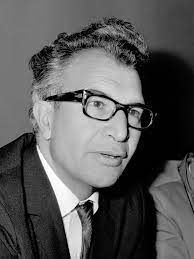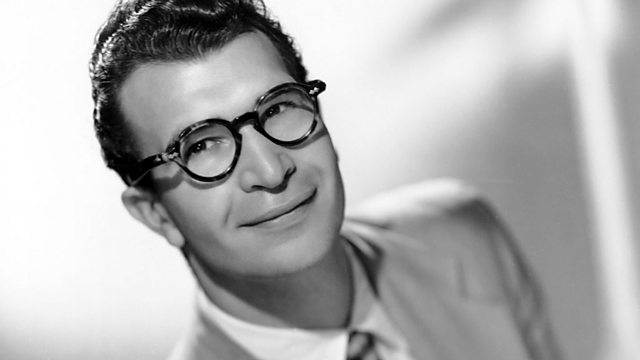Dave Brubeck, an iconic figure in the world of jazz, was born on December 6, 1920, in Concord, California. From an early age, Brubeck showed an aptitude for music, studying piano with his mother, a pianist and teacher. His interest in jazz was sparked by hearing the likes of Duke Ellington and Louis Armstrong on the radio.
Brubeck’s path to becoming a jazz musician was not straightforward. He initially studied veterinary medicine at the College of the Pacific in Stockton, California. However, his passion for music ultimately led him to switch his major to music composition.
During World War II, Brubeck served in the U.S. Army, where he led a racially integrated band, an experience that would influence his later commitment to civil rights causes. After the war, he studied under the French composer Darius Milhaud, who encouraged him to pursue jazz as a serious art form.
In 1951, Brubeck formed the Dave Brubeck Quartet, which became one of the most popular jazz groups of the 1950s and 1960s. The quartet’s groundbreaking album “Time Out,” released in 1959, featured the hit single “Take Five,” composed by Brubeck’s saxophonist, Paul Desmond. “Take Five” became the first jazz single to sell a million copies and remains one of the most recognizable jazz tunes to this day.
Brubeck’s music was characterized by its innovative time signatures and harmonic explorations. He often experimented with unusual time signatures, such as 5/4 and 9/8, which gave his compositions a distinctive and complex rhythmic feel. His ability to blend elements of classical music with jazz helped to broaden the appeal of jazz to a wider audience.
Throughout his career, Brubeck remained committed to pushing the boundaries of jazz while staying true to its roots. He collaborated with musicians from diverse backgrounds and cultures, including saxophonist Gerry Mulligan, vocalist Carmen McRae, and the classical cellist Yo-Yo Ma.
In addition to his musical accomplishments, Brubeck was also a passionate advocate for social justice. He was an outspoken critic of racial segregation and used his platform to promote equality and understanding. In 1958, the Dave Brubeck Quartet embarked on a State Department-sponsored tour of Eastern Europe and the Middle East, promoting cultural diplomacy during the Cold War era.
Brubeck’s legacy extends far beyond his music. He was awarded the National Medal of Arts in 1994 and received a Grammy Lifetime Achievement Award in 1996. He continued to perform and compose music well into his later years, remaining a beloved figure in the world of jazz until his passing on December 5, 2012, one day shy of his 92nd birthday.
Dave Brubeck’s contributions to jazz music and his unwavering commitment to social justice have left an indelible mark on both the music world and society at large. His innovative spirit and passion for breaking down barriers continue to inspire musicians and activists alike.


No responses yet